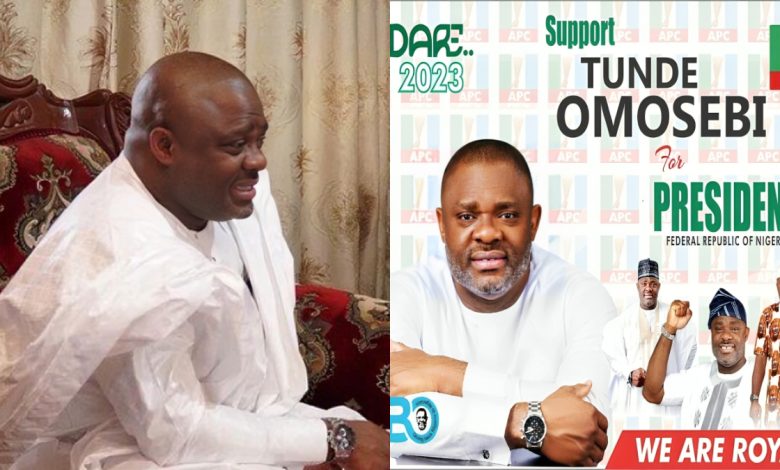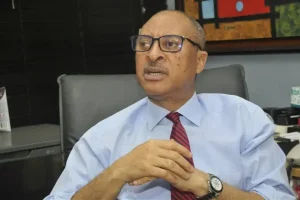
Tunde Omosebi, a former presidential aspirant under the All Progressives Congress (APC) in the 2023 elections, was recently evicted from his Abuja residence following allegations of unpaid rent, stirring public interest and debate.
The eviction process was captured in a viral video shared on social media platform X on November 15, showing court officials, supported by law enforcement, enforcing the removal at a luxury property in Abuja.
According to an anonymous source who spoke with Pulse Nigeria, the property owner stated that Omosebi’s lease expired four years ago. Despite multiple attempts to recover the outstanding rent, Omosebi allegedly failed to make payments or vacate the premises, ultimately prompting the landlord to pursue a court order for eviction.
“I had to rely on his own correspondence to initiate eviction proceedings,” the landlord revealed. “He consistently claimed ownership of the property, yet never showed up in court during the hearings, only for the judgment to be issued in his absence.”
A letter dated June 30, 2022, attributed to Omosebi, reportedly indicated his intention to vacate. “Due to irreconcilable differences regarding your breach of agreements, we have decided not to renew our lease,” the letter stated. Despite this written notice, Omosebi allegedly continued living at the property without any further lease agreement.
When reached for comment, Omosebi denied the allegations, maintaining that he owns the property in question. However, he declined to elaborate, and after briefly responding, he hung up on reporters and has since remained unreachable.
This case has prompted discussions around accountability and the ethical standards expected of public figures. Observers argue that figures with leadership ambitions must uphold transparency and credibility, especially when disputes reach the public domain.
As the legal proceedings unfold, the incident serves as a reminder of the public scrutiny faced by prominent individuals, highlighting broader questions of integrity and responsibility in public life.





